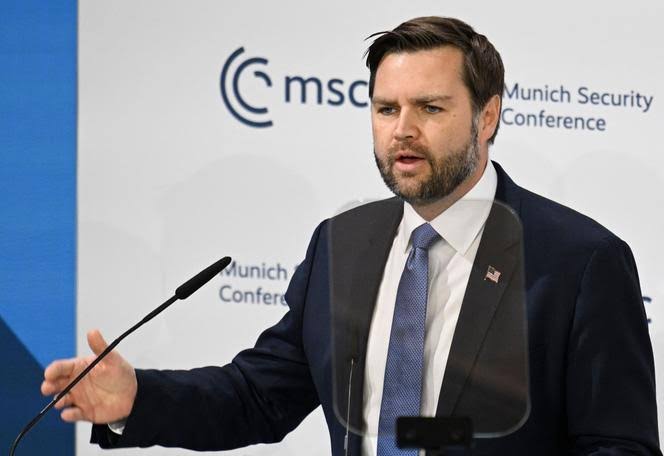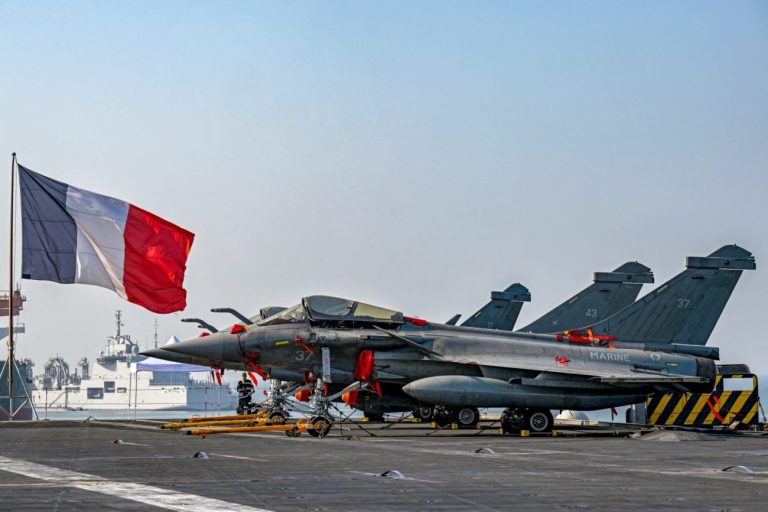
The shock and indignation shown by Europeans following US Vice President JD Vance’s speech on February 14 at the Munich Security Conference raises concerns. The communication from Donald Trump and his administration since his election in November has clearly indicated significant changes ahead. Nevertheless, European leaders seem to have anticipated a repetition of the first Trump term, characterized by provocative rhetoric and extreme statements, but with minimal consequences. Since then, what began as spontaneity has evolved into a structured political agenda. The confrontational populism exemplified by the former businessman and reality TV personality, reminiscent of Berlusconi, has transformed into a well-defined and ideologically consistent form of illiberalism. This brand of illiberalism not only challenges liberal and progressive ideals but also promotes a viable political agenda grounded in a robust ideological framework, of which Vance serves as the most eloquent spokesperson.
In brief, this ideology asserts that the sovereignty of the nation-state takes precedence and must not be constrained by international laws or organizations; societal functionality relies on moral authority, which may lead to authoritarian measures against democratic institutions if perceived as ineffective or “captured” by “woke” elites; legislation should be designed for the majority rather than for minority groups; societies should strive for cultural uniformity; immigrants may integrate by embracing assimilation, but should not demand multiculturalism; individuals are shaped by historical and geographical contexts, and these identity markers deserve protection and appreciation; and cultural standards relating to family, sexuality, and gender must not change abruptly.
read more: New search for Malaysia Airlines flight launched a decade after disappearance
On the global stage, Vance has proposed a vision for a new illiberal order characterized by a resurgence of power dynamics. The influential nations are engaged in competition and negotiations regarding the future of the world, while those with less power are adjusting to the constrained options available to them. These negotiations often overlook ethical considerations and international law, which are perceived as biased towards progressive liberalism and at odds with national interests. Interactions between nations are primarily transactional and situational: discussions may occur on one issue while tensions arise on another. Although leaders may share ideological similarities, this does not ensure strategic cooperation among their countries. The concept of accelerationism—suggesting that rapid action is necessary to disrupt the existing order—enables nations to catch their rivals off guard.


